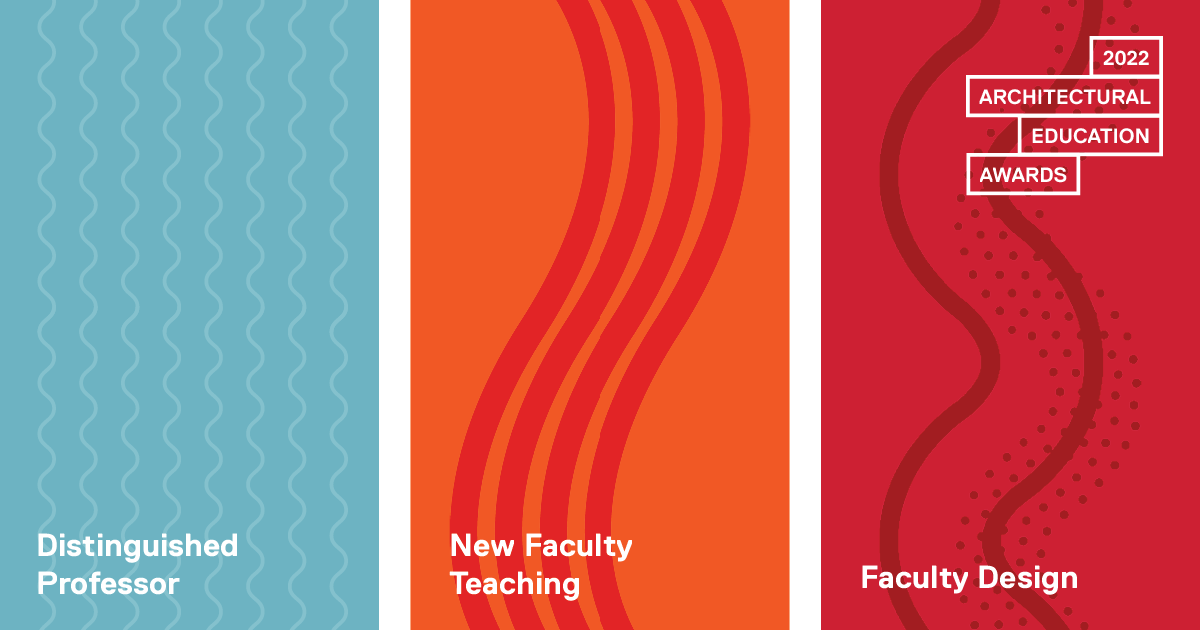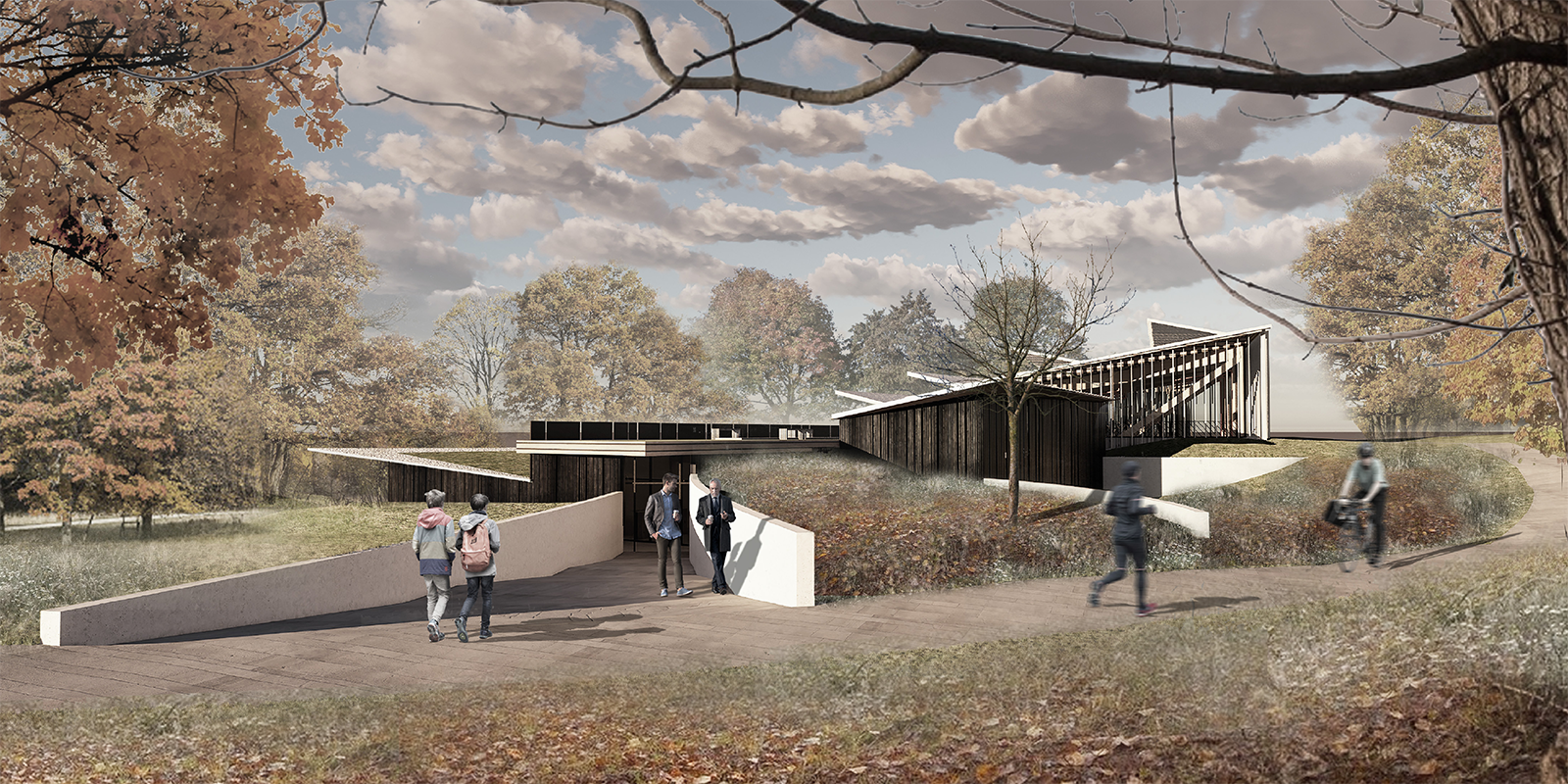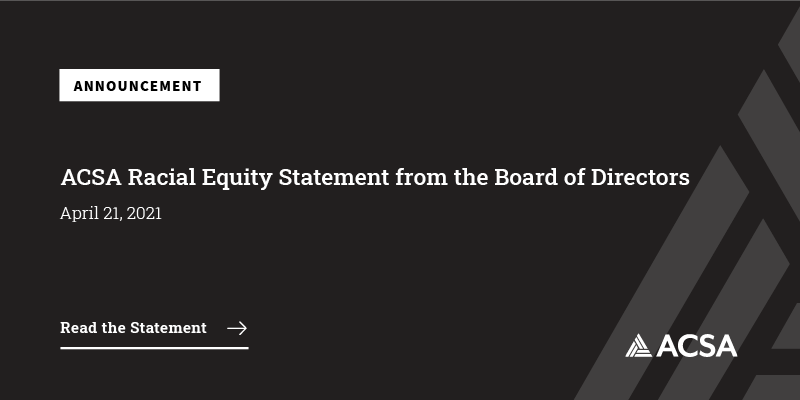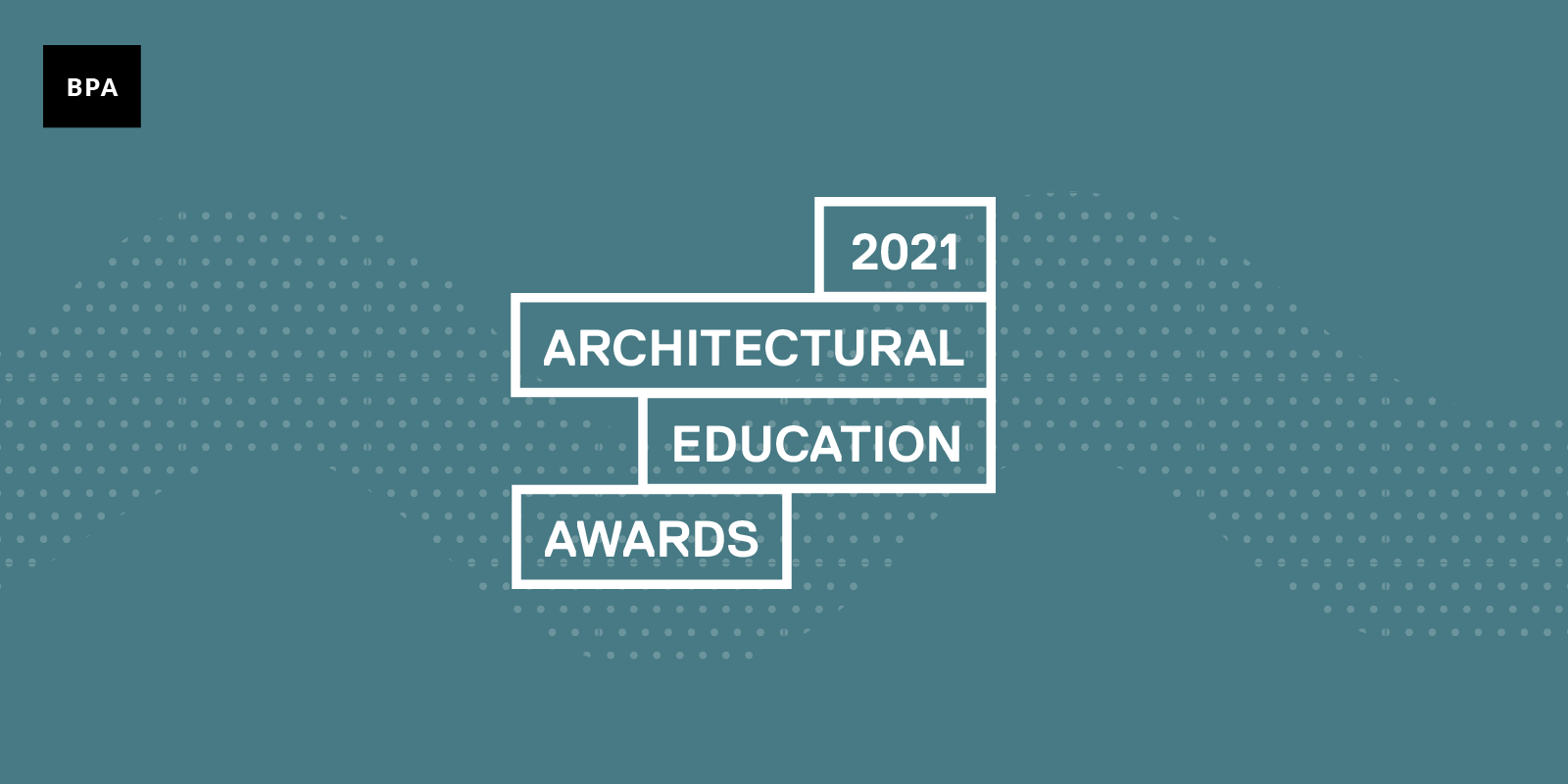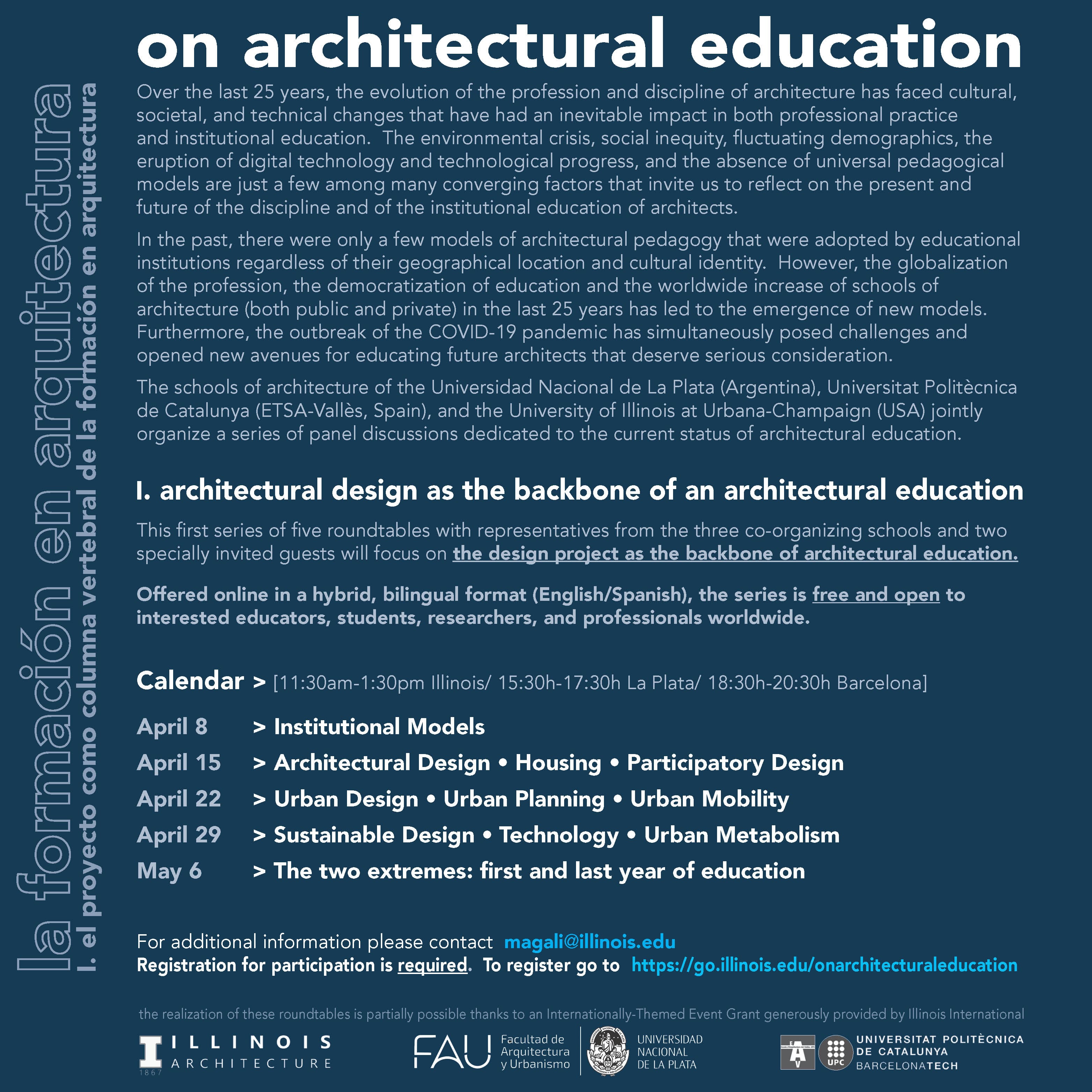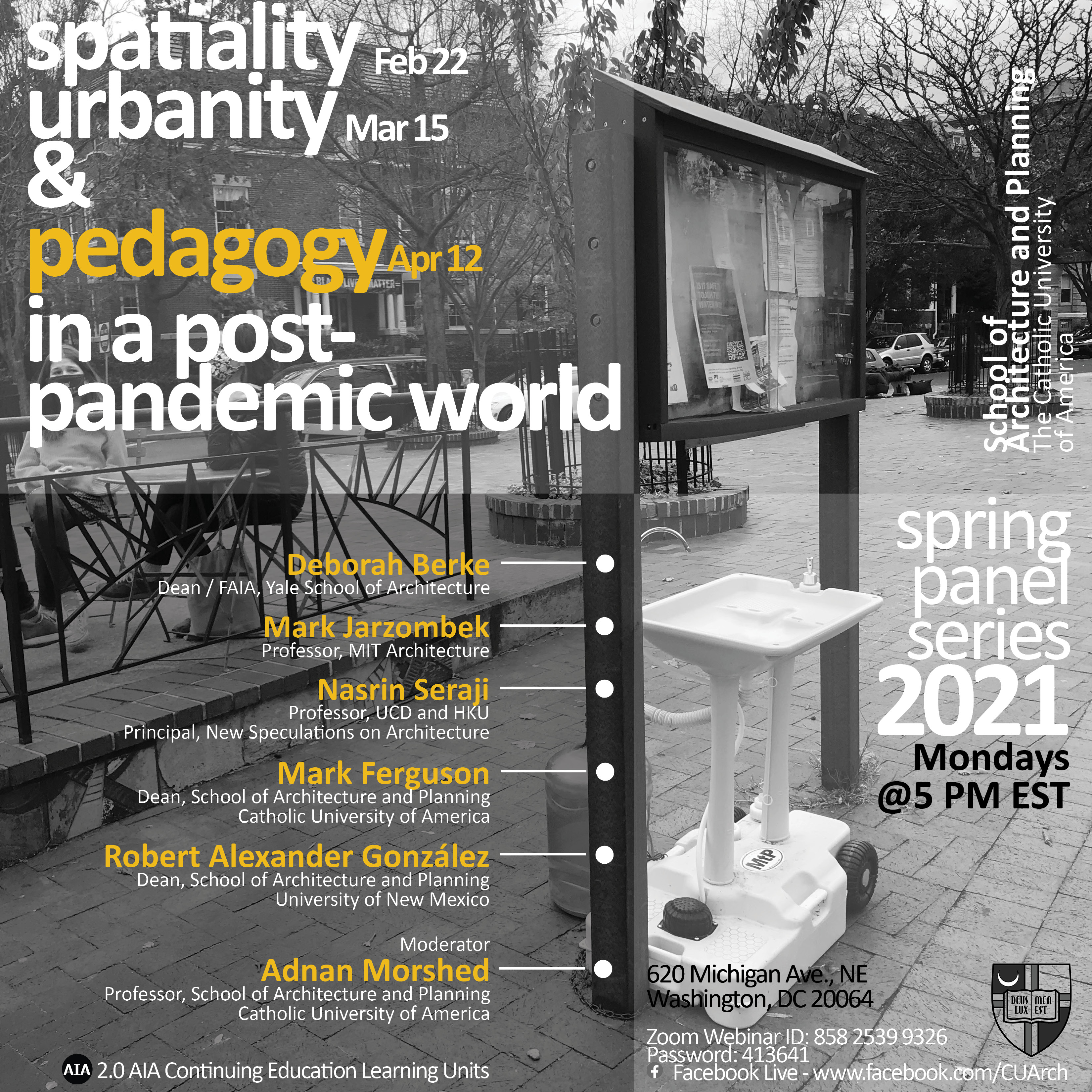Thomas Jefferson University
Thomas Jefferson University Launches Ph.D. in Architecture and Design Research
The College of Architecture and the Built Environment is launching a new Ph.D. in Architecture and Design Research in Fall 2021 which will be overseen by Dr. Kihong Ku as Program Director. This STEM-designated program, one of the few of its kind in the United States, supports interdisciplinary and transdisciplinary research in architecture, urban and geospatial design, science, technology, engineering, and healthcare. Students have the opportunity to pursue research at one of CABE’s partner institutions in Europe or Asia; assist in faculty-driven research projects; and participate in initiatives sponsored by CABE outreach and research centers.
Jefferson’s Institute for Smart and Healthy Cities was created in 2019 as a collaborative effort of the College of Architecture and the Built Environment and 2 other colleges to support the research, innovation, and education for transforming urban environments into smart and healthy cities. The institute is conceived as an aggregator and facilitator of transdisciplinary research and education across multiple disciplines driving the future of communities to build more efficient, healthier, and livable cities. The Institute, under the supervision of co-director, Prof. Edgar Stach, Ph.D. has hosted 2 online forums where interdisciplinary experts from the University and across the country shared their insights into housing policy and the evolution of cities as smart and healthy cities, among other important topics.
In his new book published by Birkhäuser titled Renzo Piano; Space – Detail – Light, Prof. Edgar Stach, Ph.D., analyzes and documents nine museum buildings by Renzo Piano Building Workshop to compare their playful use of natural light, transparency, and fine detailing.
This evolution of corporate modernism is the focus of Building Brands: Corporations and Modern Architecture, the latest book by Grace Ong Yan, Ph.D., Assistant Professor of Interior Design who also teaches architectural history. The book is the result of Dr. Ong Yan’s archival research of historical case studies, as well as her own experience designing branded environments for corporate clients
University of Illinois at Urbana-Champaign
ON ARCHITECTURAL EDUCATION, online international series of round table discussions
The schools of architecture of the Universidad Nacional de La Plata (Argentina), Universitat Politècnica de Catalunya (ETSA-Vallès, Spain), and the University of Illinois at Urbana-Champaign (USA) jointly organize a series of panel discussions dedicated to the current status of architectural education.
ON ARCHITECTURAL EDUCATION
Over the last 25 years, the evolution of the profession and discipline of architecture has faced cultural, societal, and technical changes that have had an inevitable impact on both professional practice and institutional education. The environmental crisis, social inequity, fluctuating demographics, the eruption of digital technology and technological progress, and the absence of universal pedagogical models are just a few among many converging factors that invite us to reflect on the present and future of the discipline and of the institutional education of architects.
In the past, there were only a few models of architectural pedagogy that were adopted by educational institutions regardless of their geographical location and cultural identity. However, the globalization of the profession, the democratization of education, and the worldwide increase of schools of architecture (both public and private) in the last 25 years have led to the emergence of new models. Furthermore, the outbreak of the COVID-19 pandemic has simultaneously posed challenges and opened new avenues for educating future architects that deserve serious consideration.
Offered online in a hybrid, bilingual format (English/Spanish), the series is free and open to interested educators, students, researchers, and professionals worldwide.
This first series of five roundtables with representatives from the three co-organizing schools and two specially invited guests will focus on the design project as the backbone of architectural education.
For additional information please visit, On Architectural Education: A Virtual Roundtable – School of Architecture (illinois.edu)
or write to > magali@illinois.edu
Registration for participation* is required. To register go to > https://go.illinois.edu/onarchitecturaleducation
[* participants who attend a minimum of 4 panels will receive an official certificate of attendance and participation]
The Catholic University of America
Lecture Series: Pedagogy in a Post-Pandemic World
The Catholic University of America
Albert Einstein once said, “The world as we have created it is a process of our thinking. It cannot be changed without changing our thinking.” How do we know when our thinking and the world it produces need to change? Does that moment arrive as part of natural cycles or because of human action? Recalling Thomas Kuhn, what is the politics of “paradigm shift” in the 21st century, particularly in the wake of a global pandemic? These questions provide us with a framework to debate the nature of the built environment and the pedagogy it warrants in a post-pandemic world. There is little doubt that the 2020 pandemic has profoundly affected the entire world with unimaginable economic, social, public-health, urban, and environmental consequences. It has exposed, among other vulnerabilities, our weakness in disaster preparedness, our inadequacies in creating inclusive public-health infrastructures, our privileged hesitation to tackle racial, social, and gender injustice, and our misguided policies of urban governance and spatial management. The pandemic has also compelled us to question some of the fundamentals of our lives, politics, societies, and institutions. It is in this context, we ask: How might architectural pedagogy change in a post-pandemic world? Please join us for a stimulating panel conversation moderated by Professor Adnan Morshed, School of Architecture and Planning, Catholic University of America.
The University of Chicago
SOLITUDE | The 2021 Weissbourd Dialogues | Organized by Dario Donetti and Sean Dowdy
Billie Tsien (Tod Williams Billie Tsien Architects) & Anthony Vidler (The Cooper Union/Princeton University) chaired by Sean Keller (IIT College of Architecture)
Solitude: A Dialogue on Today’s Architecture
April 16, 2021, 6:00–7:30 p.m. CST
Please register here to attend.
In lieu of our Annual Weissbourd Conference, the Society of Fellows in the Liberal Arts at the University of Chicago will host a “Weissbourd Dialogues” series over the first half of 2021. This year’s series, hosted via virtual symposia, will bring together speakers from different scholarly and professional fields to discuss and present work on the theme of Solitude. Although a topic of long-standing interest in the humanities and social sciences, solitude and its conceptual kin (isolation, loneliness, anomie, alienation, seclusion, etc.) have become everyday modes of life during the global COVID-19 pandemic. Yet, as we socially distance from each other’s bodies and breath, the tendrils of our social lives continue to stretch out, shoot back, and, in effect, compel us to ask: what good is solitude, after all? As an experiment in what Roland Barthes calls “being alone together” (idiorhythmy), this year’s Weissbourd Dialogues emphasizes solitude as a fundamental feature of social life rather than its abrogation. Each virtual symposium will bring together scholars and practitioners from psychoanalysis, critical race theory, architecture, neuroscience, art history, anthropology, poetry, philosophy, urban studies in order to query the values, practices, and challenges of being alone.
The 2021 Weissbourd Dialogues (traditionally, the Annual Weissbourd Conference), is made possible through the generous support of the Weissbourd Memorial Fund. The Bernard Weissbourd Memorial Fund for the University of Chicago’s Society of Fellows pays tribute to Bernard Weissbourd’s history of involvement with the University. The Fund reflects his abiding commitments to spirited inquiry, the excitement of learning, the power of discourse, and through all of these, the pursuit of a more just and humane society.
This event is co-sponsored by:
• Department of Art History–The University of Chicago (https://arthistory.uchicago.edu/)
• Urban and Architecture Design Initiative– UChicago Arts (https://arts.uchicago.edu/)

 Study Architecture
Study Architecture  ProPEL
ProPEL 